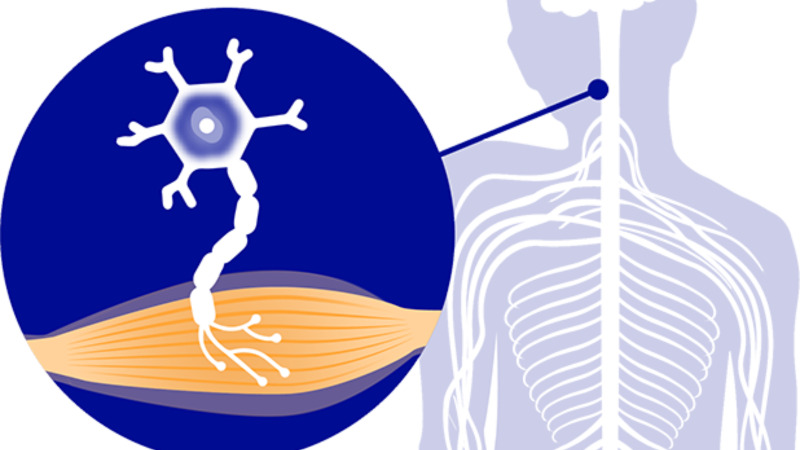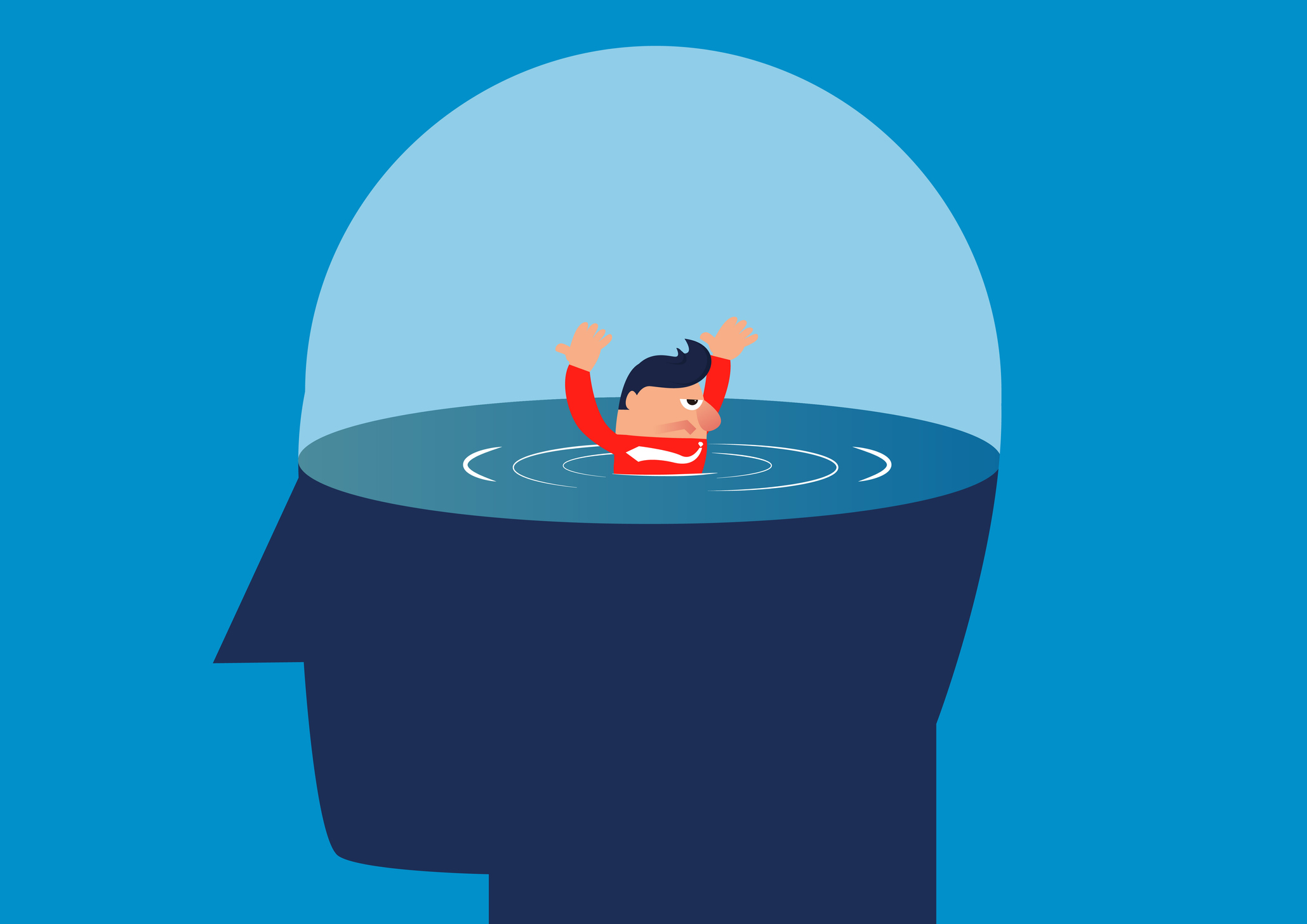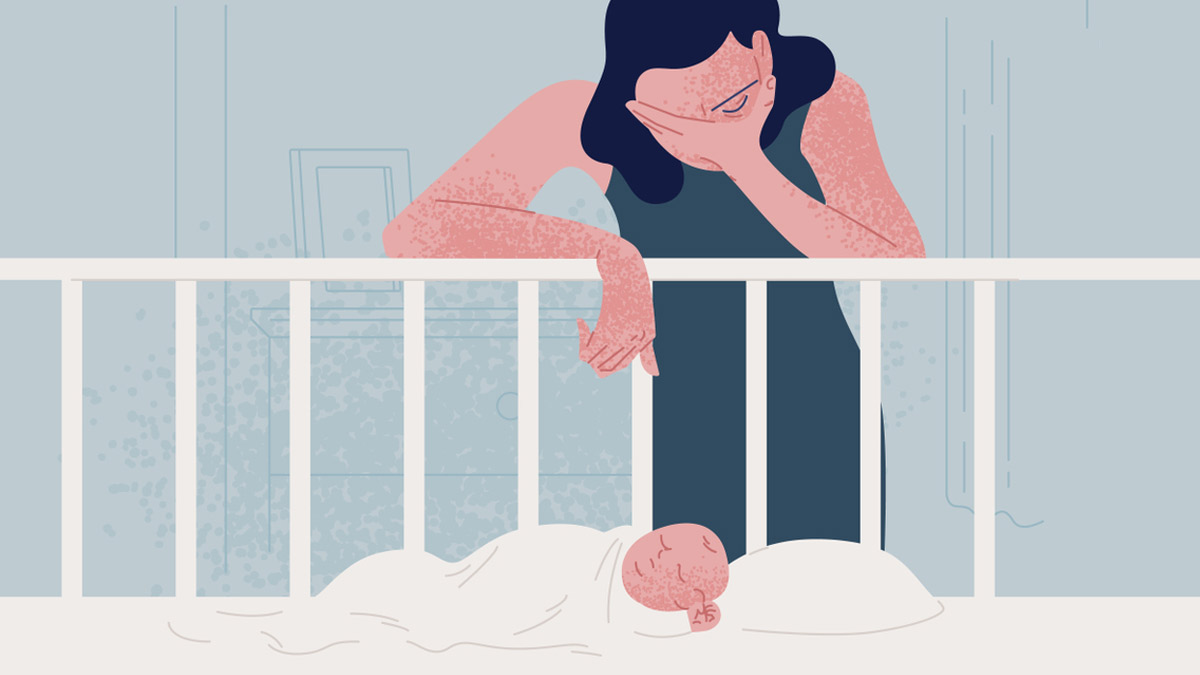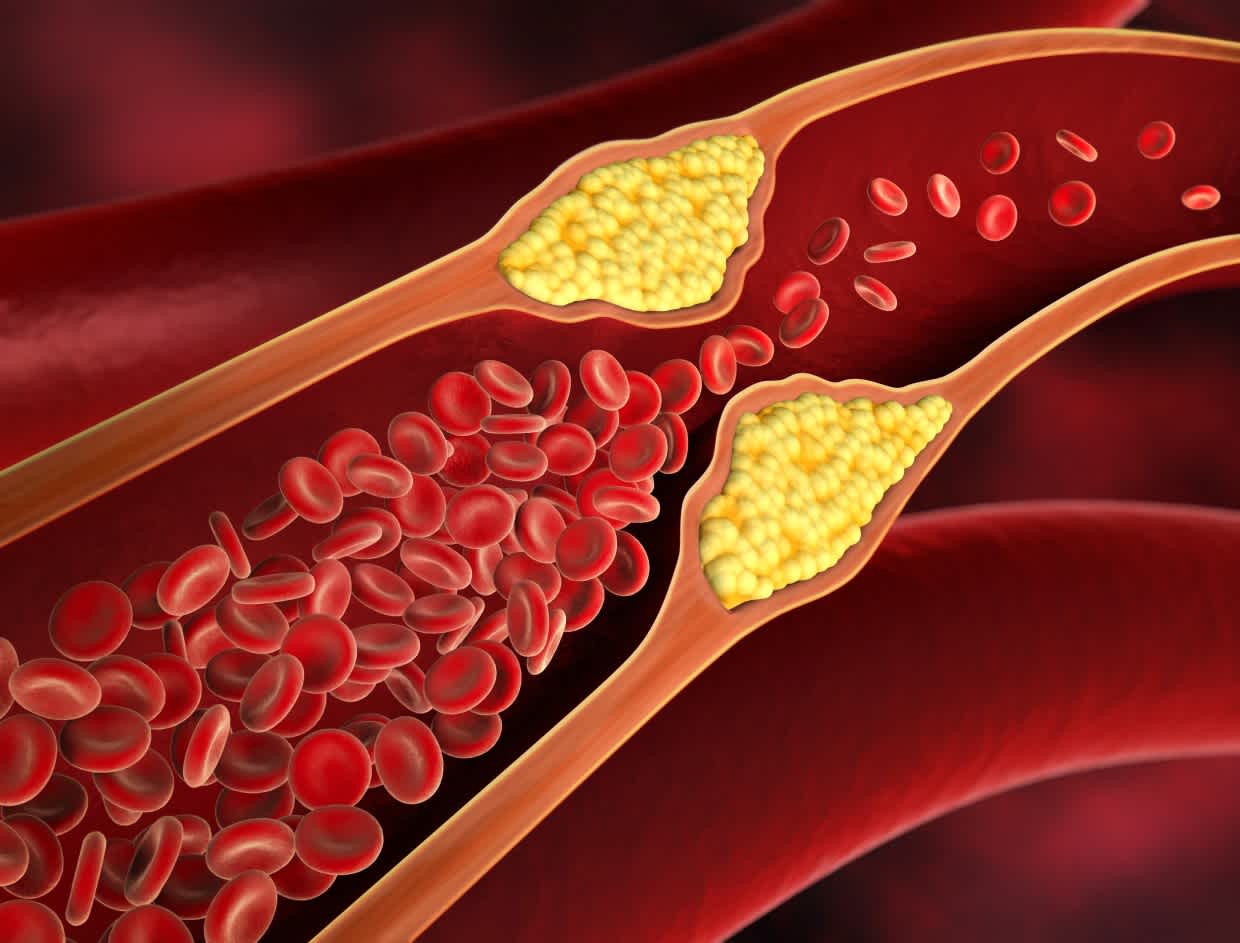In today’s fast-paced world, stress has become a common part of our lives. Whether it’s due to work pressure, personal relationships, or financial challenges, stress can significantly impact our well-being. However, it’s important to note that not all stress is the same. In fact, there are different types of stress that affect individuals in various ways. In this article, we will explore the different types of stress, their causes, and how they can impact our physical and mental health.
Acute Stress
Acute stress is the most common type of stress and is usually short-lived. It is often caused by demanding situations or events, such as an important presentation, a job interview, or a conflict. While acute stress can be challenging to manage, it typically subsides once the stressful situation has passed.
Episodic Acute Stress
Episodic acute stress occurs when individuals experience frequent episodes of acute stress. People who are constantly juggling multiple responsibilities, rushing from one task to another, and always feeling overwhelmed are more prone to episodic acute stress. This type of stress can lead to irritability, anxiety, and even physical symptoms like headaches and insomnia.
Chronic Stress
Unlike acute stress, chronic stress is long-term and ongoing. It can stem from persistent issues such as financial problems, an unhappy marriage, or a high-pressure job. Chronic stress can have serious implications for both physical and mental health, increasing the risk of conditions like heart disease, depression, and anxiety disorders.
Post-Traumatic Stress Disorder (PTSD)
Post-Traumatic Stress Disorder, commonly known as PTSD, is a type of stress that occurs after experiencing or witnessing a traumatic event. This can include incidents such as accidents, natural disasters, or acts of violence. Individuals with PTSD may have intense flashbacks, nightmares, and emotional distress related to the traumatic event.
Workplace Stress
Workplace stress is prevalent in today’s competitive and demanding work environments. It can be caused by factors such as heavy workloads, long hours, lack of job security, or conflicts with colleagues. Prolonged workplace stress can lead to burnout, decreased productivity, and even physical health problems.
Financial Stress
Financial stress arises when individuals face economic hardships, struggle with debt, or worry about meeting their financial obligations. This type of stress can have a significant impact on mental well-being, causing anxiety, sleep disturbances, and strained relationships.
Relationship Stress
Relationship stress can occur within romantic partnerships, friendships, or family dynamics. Conflicts, disagreements, and unmet expectations can all contribute to relationship stress. It is essential to address and manage relationship stress to maintain healthy connections and overall well-being.
Academic Stress
Academic stress is commonly experienced by students of all ages. It can result from pressure to perform well academically, meet deadlines, and handle the demands of coursework. Academic stress can lead to anxiety, poor sleep quality, and reduced academic performance if not managed effectively.
Cultural Stress
Cultural stress arises when individuals experience difficulties or challenges related to their cultural identity or background. It can manifest as a result of discrimination, prejudice, or conflicting cultural values. Cultural stress can have a significant impact on mental health, self-esteem, and overall quality of life.
Environmental Stress
Environmental stress is caused by external factors in our surroundings. This includes noise pollution, overcrowding, pollution, and exposure to natural disasters. Living in an environment with chronic stressors can lead to feelings of unease, irritability, and a sense of being constantly on edge.
Caregiver Stress
Caregiver stress occurs when individuals are responsible for the care and well-being of others, such as elderly parents, sick family members, or children with special needs. The demands of caregiving can be physically and emotionally draining, leading to increased stress levels if adequate support is not in place.
Medical Stress
Medical stress refers to the stress experienced by individuals due to health-related issues. It can include the stress associated with a chronic illness, undergoing medical procedures, or dealing with the uncertainty of a health diagnosis. Medical stress can have a profound impact on mental well-being and overall quality of life.
Technological Stress
Technological stress is a relatively new form of stress that has emerged with advancements in technology. It includes the anxiety and frustration experienced when dealing with complex gadgets, constant connectivity, information overload, or the fear of missing out (FOMO) on social media.
Social Media Stress
Social media stress is a subset of technological stress and is specifically related to the use of social media platforms. Comparing oneself to others, experiencing cyberbullying, and the pressure to maintain an idealized online image can contribute to social media stress. It is crucial to find a balance and engage in healthy digital habits to mitigate its effects.
Conclusion
Stress comes in various forms, and understanding the different types can help us identify the sources of our stress and develop effective coping strategies. Whether it’s acute stress, chronic stress, or stress related to specific areas of life, such as work, relationships, or finances, it’s important to prioritize self-care and seek support when needed. By acknowledging and managing stress, we can lead healthier, more fulfilling lives.
FAQs
1. How can I manage acute stress effectively? To manage acute stress, consider techniques like deep breathing, physical exercise, and engaging in activities that bring you joy and relaxation.
2. What are some signs of chronic stress? Signs of chronic stress may include persistent fatigue, frequent headaches, digestive problems, and a weakened immune system.
3. Can stress impact my physical health? Yes, chronic stress can contribute to the development of various physical health problems, including cardiovascular disease, high blood pressure, and obesity.
4. How can I reduce financial stress? To reduce financial stress, create a budget, seek financial advice if needed, and prioritize saving and debt management.
5. Is it normal to experience stress in relationships? Yes, stress is a natural part of relationships. Effective communication, empathy, and setting boundaries can help manage relationship stress.














